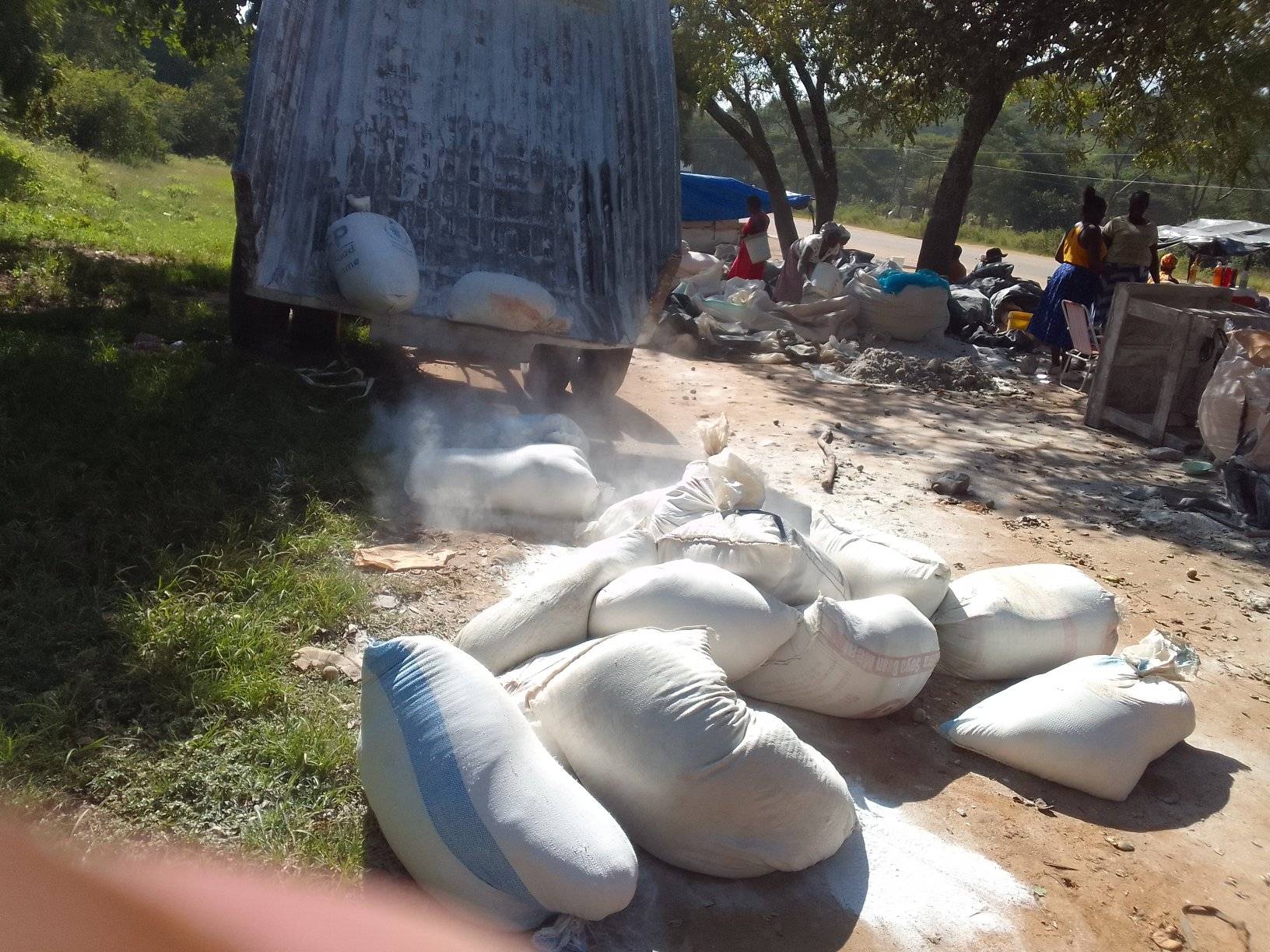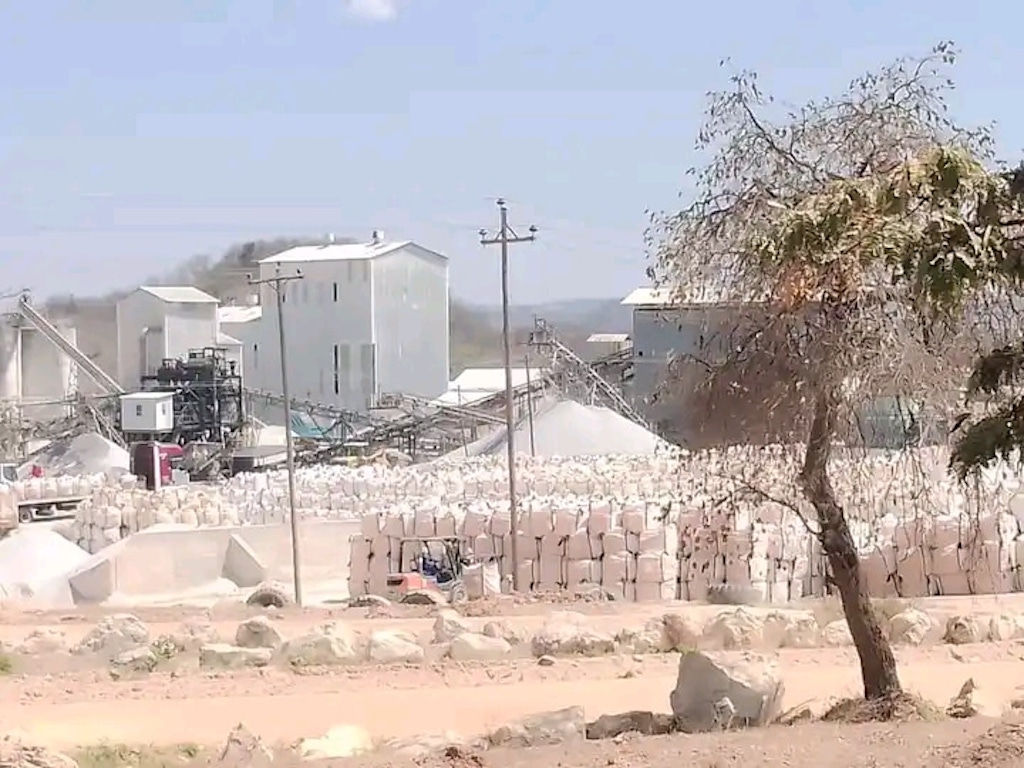Some women who cannot find work in the mine eke out a living by the roadside selling ‘vim’
Yeukai Munetsi
The world over, lithium is perhaps the fastest growing sector of the mining industry but in Bikita, extraction of this transitional mineral has resulted in cases of women and children’s rights violations
During investigation, this reporter found that women and children of communities in Bikita face several forms of violence that they have either normalised, ignored or reported but have not been acted upon.
Shamiso Karamba of Ward 12 told EnviroPress over the phone that the expansion of lithium mining in the district had initially given her hope for formal employment but nothing has since materialised.
The 29-year-old Kwaramba is mother to a 11-year-old girl whom she conceived in a gold panning areas in parts of wards 11 and 30 close to the banks of Mungezi River.
“I was one of few other women among several gold panners and that is when I conceived my daughter. After giving birth, I continued to work, sometimes with my daughter strapped on my back,” said Kwaramba.
She said the area remained a hub of activity for women and children miners driven from home by poverty from such areas as Maboke, Mashavhi, Murwira and Mupamaonde.
The United Nations General Comment 26 of 2023 (GC26) underscores the need to promote children’s best interests in decision-making processes.
Article 3 emphasises that any decision affecting children must prioritise their well-being. In the context of mining, this includes conducting Environmental and Social Impact Assessments (ESIAs) that put children’s needs first, involving them in consultations to ensure that they are protected from unsafe mining practices and pollution.
A Bikita Minerals female employee who spoke on condition of anonymity said she was on numerous occasions sexually-harassed by her male superiors at her work place.
“I have been victim of gross harassment who has been forced to do things you would not want to imagine. One lady once reported a similar case but it was not acted upon, while another one lost her job after complaining,” she said.
Economic Justice for Women Project (EJWP) Executive Director Margaret Mutsamvi said many women were victims of harassment and exploitation in the extractive industries.
“We are currently putting some focus on care justice to explore the relationships between the care economy in Zimbabwe’s mining communities and Gender-Based Violence. We have noted that besides the sexual harassment that women at mining workplaces face, there is selective employment such that women are economically dependent and therefore more prone to abuse even at home,” Mutsamvi said.
With such discriminatory behavior in providing employment opportunities, she said, it was to be expected that women’s views are rarely considered on the main table as they have no significant representation and roles in the extractive sector.
Many women in Bikita have for several years eked out a hard living by selling a lithium waste known locally by its colloquial name ‘vim’. The powder, which is used as a dish washing powder, is occasionally donated by the company to a group of women working at a junction along the road to Mutare.
“We don’t get much from it, but we get enough to keep our families out of severest lack. There is extreme poverty around, and it’s not easy to get a job at the mine,” said a woman who said she was in her 10th year selling the product on the roadside.
Bikita Rural District Ward 12 Councillor Brighton Mushekwa said women in his area were at a disadvantage in the competition for the few available opportunities.
“Women have the least access to resources and economic opportunities, and they have to share the little that is available to them,” said Mushekwa.
He pointed to the recent restrictions to access to Matezva Dam waters as a reference.








